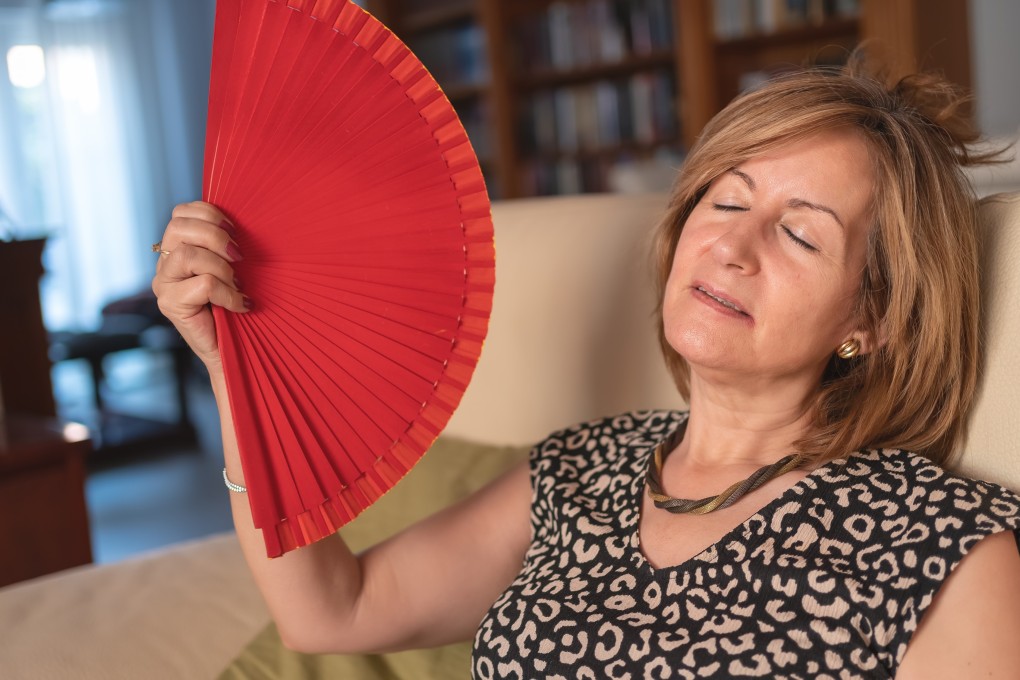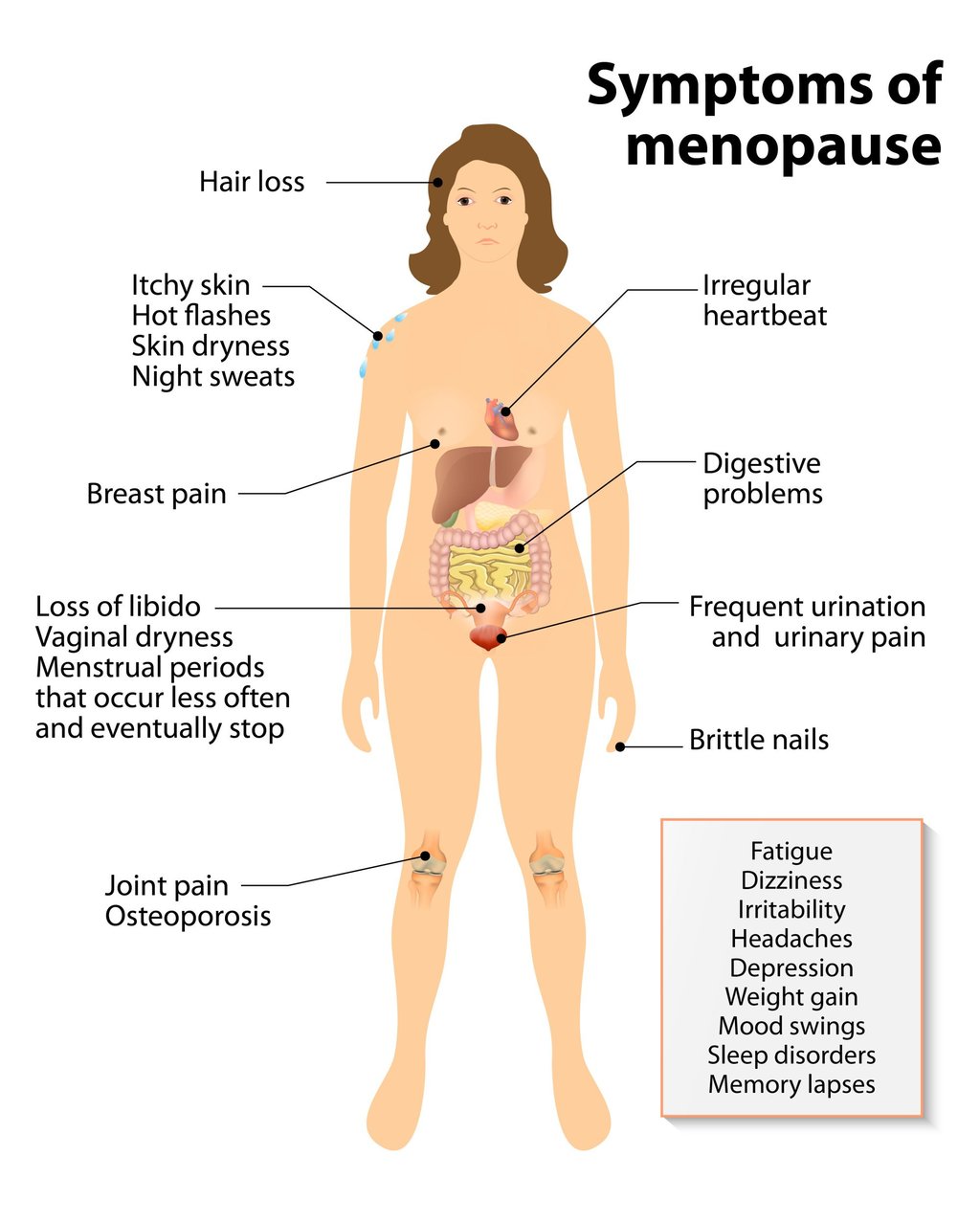An end to menopause? It might happen soon – how fertility expert’s tissue preservation procedure for cancer patients could prevent or stall the change in healthy women
- It is a normal part of ageing, but menopause brings a host of physical and mental challenges; transplanting preserved ovarian tissue could halt the transition
- The procedure has helped women needing cancer treatment preserve their fertility, and the doctor behind it is researching its potential use in healthy women

Menopause is considered a normal part of ageing, but that does not mean the end of the menstrual cycle comes without a great deal of mental turmoil.
But imagine if women never had to experience menopause – and the physical and mental challenges that accompany this biological transition – in the first place?
Dr Kutluk Oktay, a leading expert in fertility preservation at Yale School of Medicine in the United States, sees a future in which this is possible. He has dedicated decades of his life to helping delay, reverse and even prevent menopause in healthy women.

In 1999, Oktay performed the world’s first successful ovarian transplant. Today, he envisions a future where freezing ovarian tissue for later implantation could significantly delay or even eliminate menopause.
